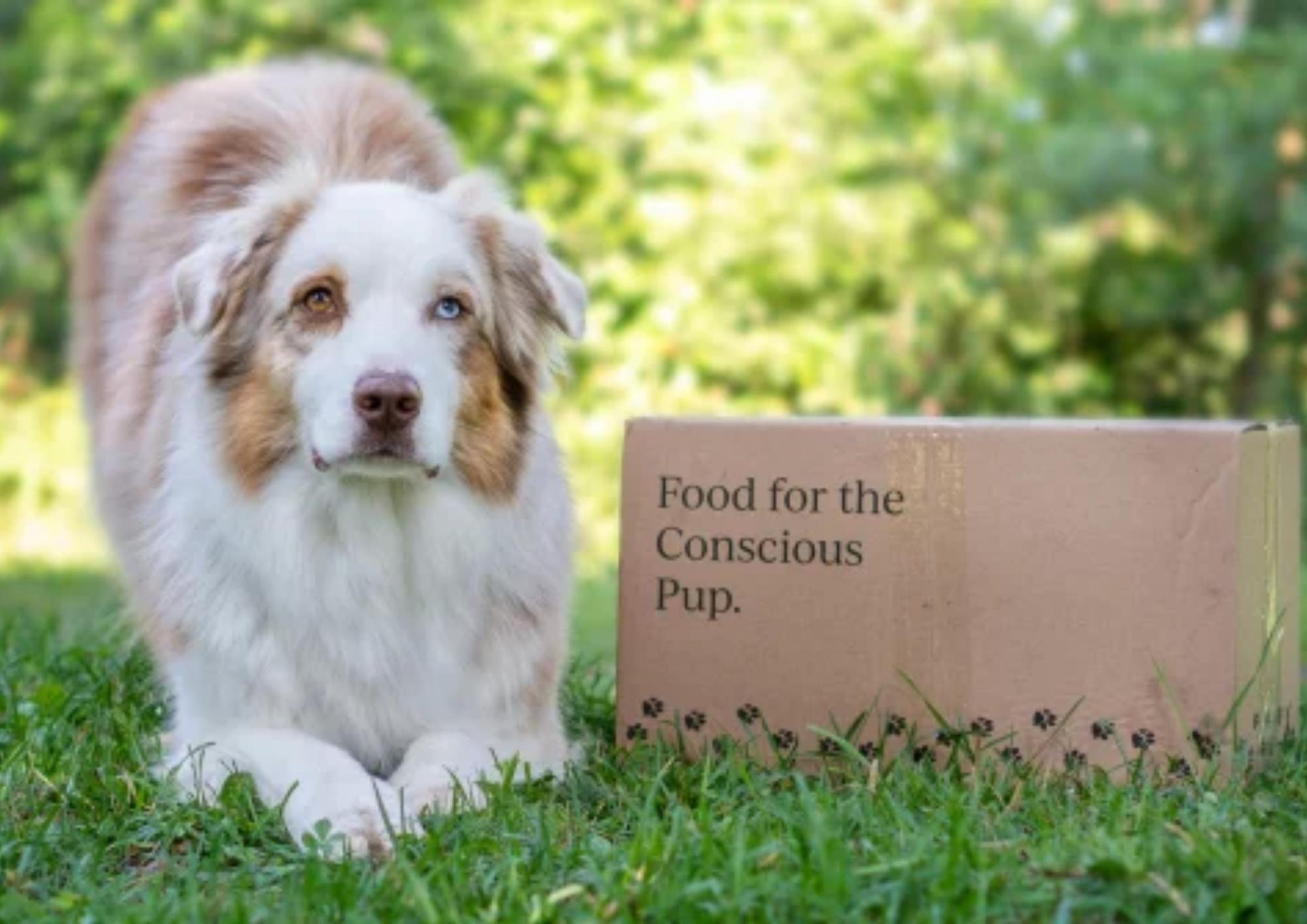Frequent vomiting, diarrhea, flatulence, and loss of appetite can significantly affect your dog's quality of life. Understanding and treating these problems is important for maintaining the dog's overall health and well-being. This article reviews signs of a sensitive stomach in dogs, explores the role of diet in managing symptoms, and offers practical tips to ease the challenges. Whether your dog has occasional stomach troubles or chronic digestive issues, recognizing and treating a sensitive stomach helps ensure your pet lives a happy and healthy life.
Dog diarrhea: causes and treatment
Are some dogs more prone to diarrhea? Yes, some dogs are more sensitive to diarrhea than others due to differences in their gut microbiome. Dogs with more sensitive stomachs may experience diarrhea from even small dietary changes, while others can eat almost anything without problems.
What can be done to prevent diarrhea? Maintaining a balanced gut microbiome with a fiber-rich diet and using prebiotics and probiotics is a starting point for a healthy stomach. Offering easily digestible foods regularly and avoiding harmful or spoiled substances also reduces the risk of diarrhea.
What to do when your dog has diarrhea? In mild cases, diarrhea can be treated at home by offering smaller, easily digestible meals, such as boiled chicken and rice or a special diet intended for sudden digestive problems. You can also try a supplement designed to soothe the intestines. Make sure the dog stays hydrated and contact a veterinarian if the symptoms persist or worsen.
Dog heartburn: Can dogs get heartburn?
What is heartburn in dogs? Heartburn, or reflux, means that acidic stomach contents rise into the esophagus, causing a burning sensation. This may result from a malfunction of the esophageal sphincter, allowing stomach acid or bile to rise into the esophagus.
What are the symptoms of heartburn? Symptoms include excessive licking, swallowing, lip-smacking, restlessness, eating grass, vomiting bile, burping, and sometimes coughing. However, it's good to remember that similar symptoms can also occur with other digestive problems, so consulting a veterinarian is recommended if symptoms persist.
What can I do if my dog has heartburn? Unfortunately, there is no simple solution for dog heartburn, but the following actions help some dogs: Choose a low-fat food and soak it before feeding. Divide meals into several smaller portions. Eliminate potential food allergies.
Why does a dog eat grass?
Why do dogs eat grass? Dogs may eat grass to soothe an irritated stomach, if they feel the need to vomit, or to get fiber in their diet.
Is eating grass a sign of a sensitive stomach problem? Yes, repeated grass eating may indicate digestive tract issues.
What can I do if my dog eats grass? A balanced, easily digestible diet is especially important for a dog with a sensitive stomach. Avoid unfamiliar foods and consider probiotics or supplements to support gut health.
Why does a dog eat feces and how to act?
Why do dogs eat feces? Dogs may eat feces due to behavioral problems, boredom, or nutritional deficiencies.
Is eating feces a sign of a health problem? It may indicate nutritional deficiencies or digestive problems, but it is often also a behavioral disorder.
How can I prevent my dog from eating feces? Ensure a balanced diet, provide mental stimulation, and clean up feces promptly.
My dog has loose poops – Causes and treatment
What causes loose poops in dogs? Loose poops can result from dietary changes, food sensitivity, infection, or stress.
Is loose poop a sign of a health problem? If loose poops persist, they may indicate digestive issues, infections, or food intolerances.
Does food affect poop consistency? Low-quality foods may be hard to digest, leading to loose poops. The right fiber balance in food helps regulate digestion and firm up the poop.
Why does my dog vomit after eating and what to do?
Why does my dog vomit after eating? Vomiting after eating may result from overeating, eating too fast, food sensitivity, or a sensitive stomach.
How can I help a dog that vomits after eating? Offer smaller meals at a time, use bowls designed to slow down eating, and avoid sudden dietary changes. Contact a veterinarian if the problem continues for a long time.
What should be considered when choosing the right food? For a dog with a sensitive stomach, choose easily digestible foods with high-quality proteins and a simple carbohydrate composition. Choose a limited-ingredient diet to identify and avoid allergens and avoid high-fat or additive-rich foods. Dietary consistency is important to prevent digestive disorders and ensure stability.
My dog has gas in the stomach
Why does my dog fart? Flatulence can result from eating too quickly, food sensitivity, or consuming fatty or hard-to-digest foods.
Is farting a sign of a sensitive stomach issue? Yes, excessive gas in the stomach often indicates sensitivity or digestive issues.
How can I help a dog that farts? Offer smaller meals at a time, choose easily digestible foods, and use bowls designed to slow down eating. Contact a veterinarian if the problem persists.
How often does a dog normally poop?
Why does my dog poop so often? Frequent pooping may result from dietary changes, food sensitivity, or intestinal infection. It often indicates digestive problems that require action from the owner. Keep the diet consistent, avoid sudden food changes, and contact a veterinarian to find the cause.
What could be the reason for a large amount of poop? If a dog produces large amounts of poop, it may result from dietary issues, food sensitivity, or digestive disorders. Low-quality food or poor nutrient absorption can also lead to increased poop volume. A veterinarian will help diagnose the cause and choose the right diet for the dog.
How often does a dog normally poop? On average, a dog should poop about 1–3 times a day. However, frequency can vary based on age, diet, activity level, and overall health. Puppies and older dogs may poop more times per day, while for some dogs, once a day is normal.




